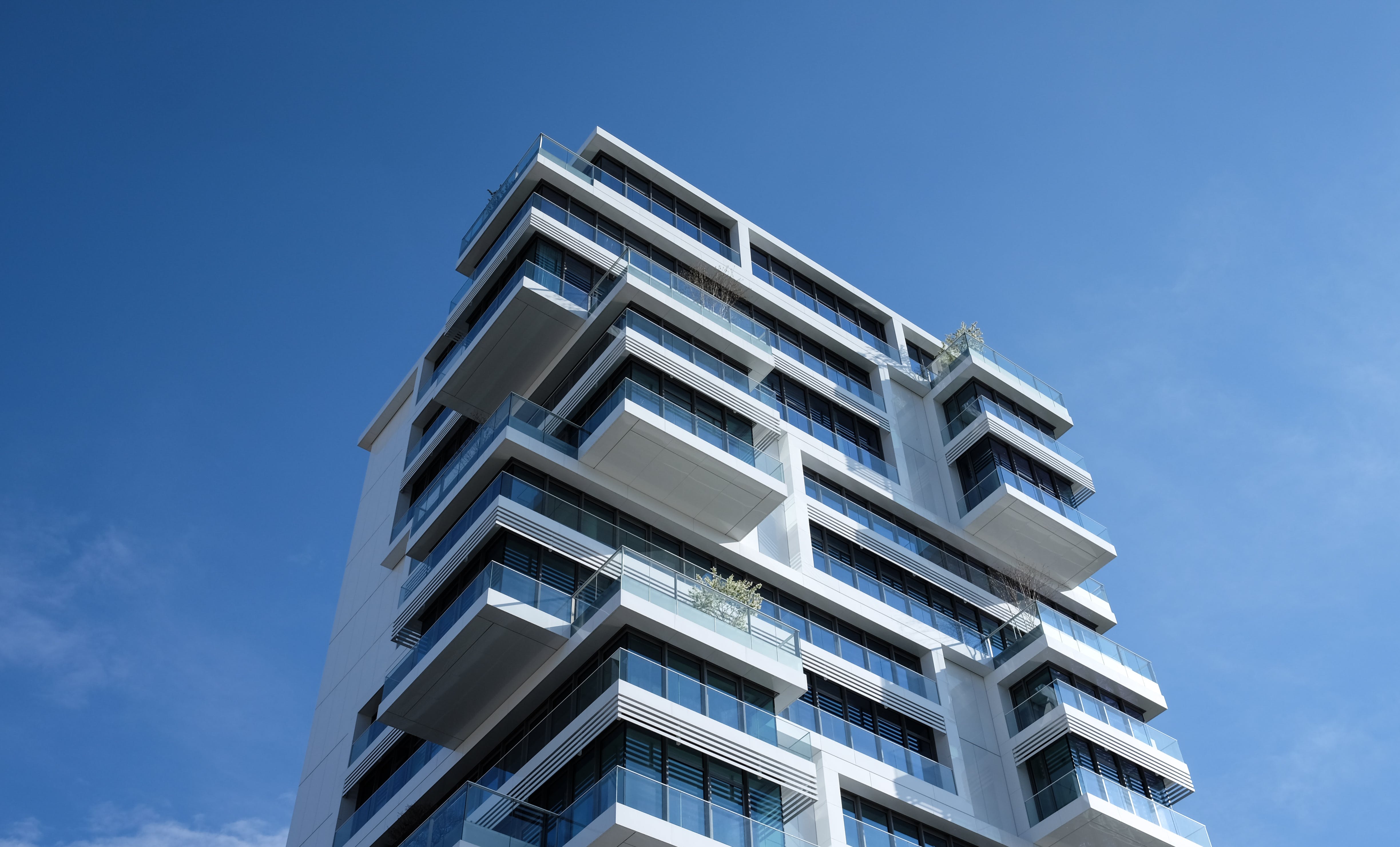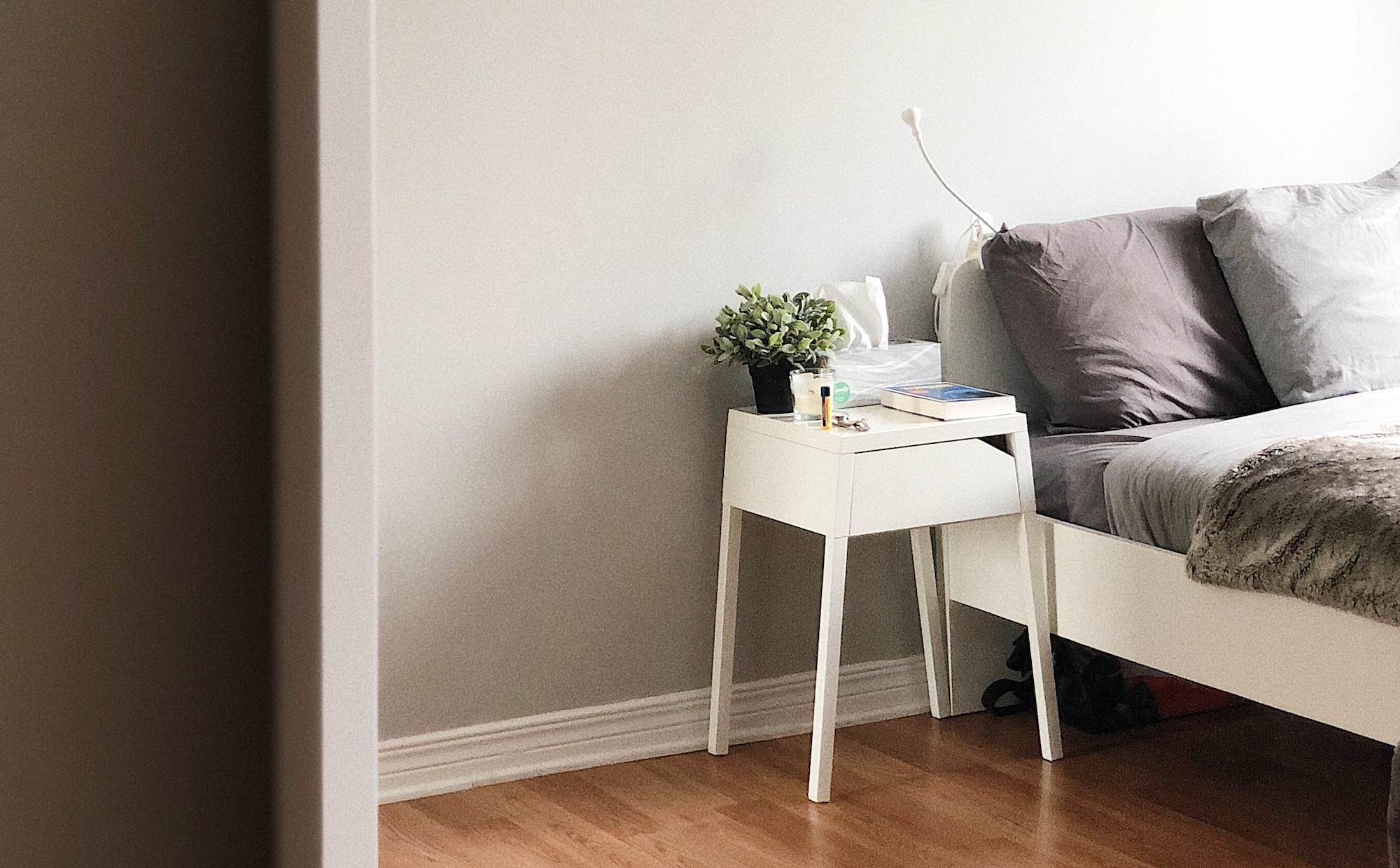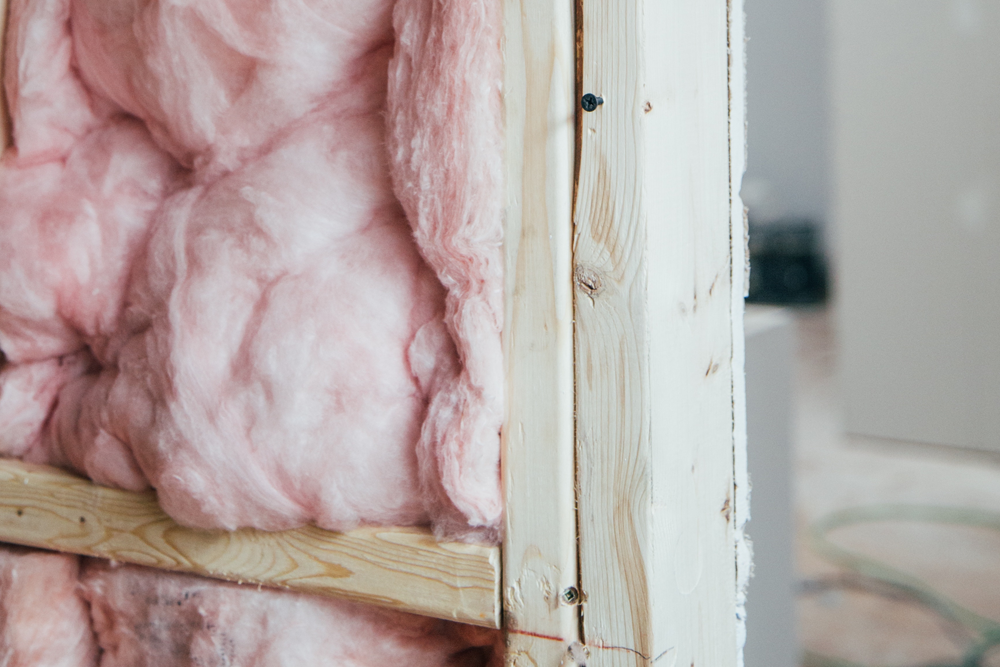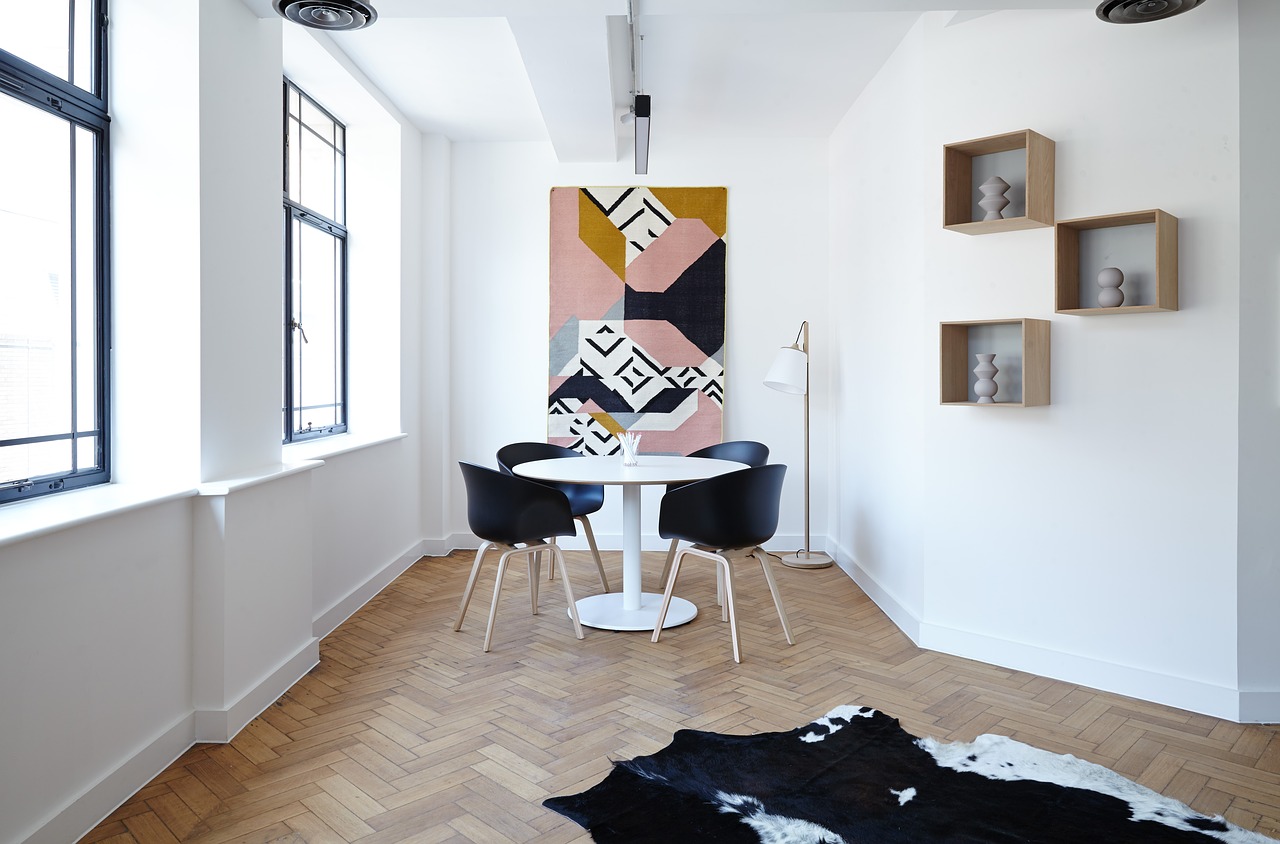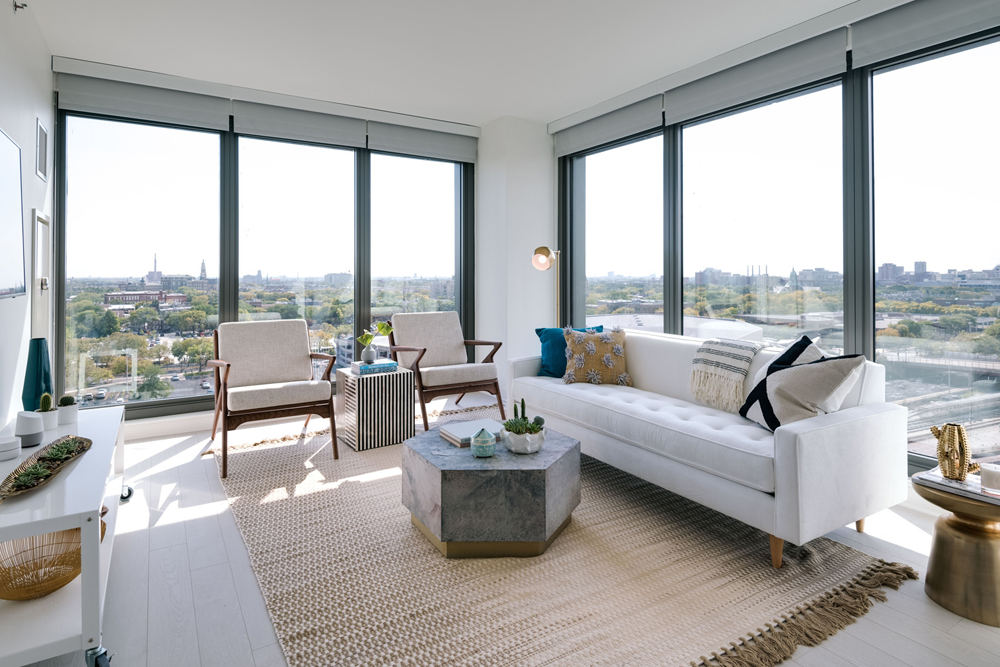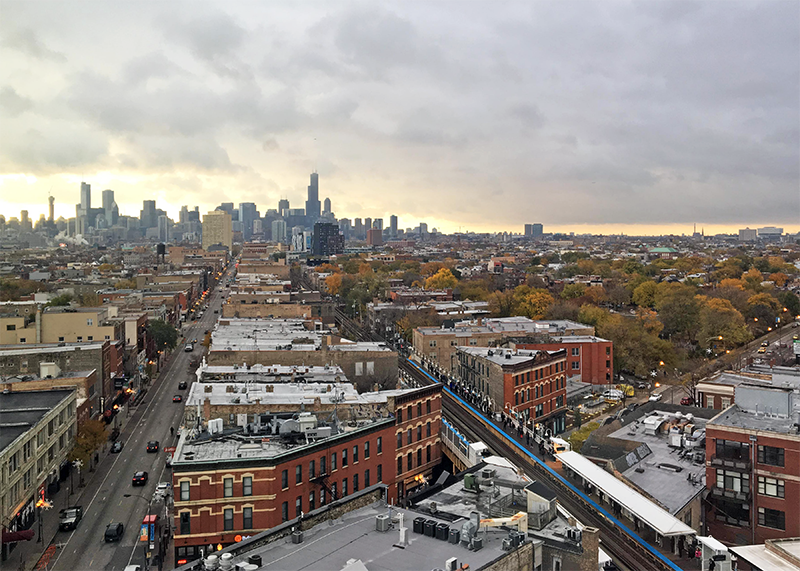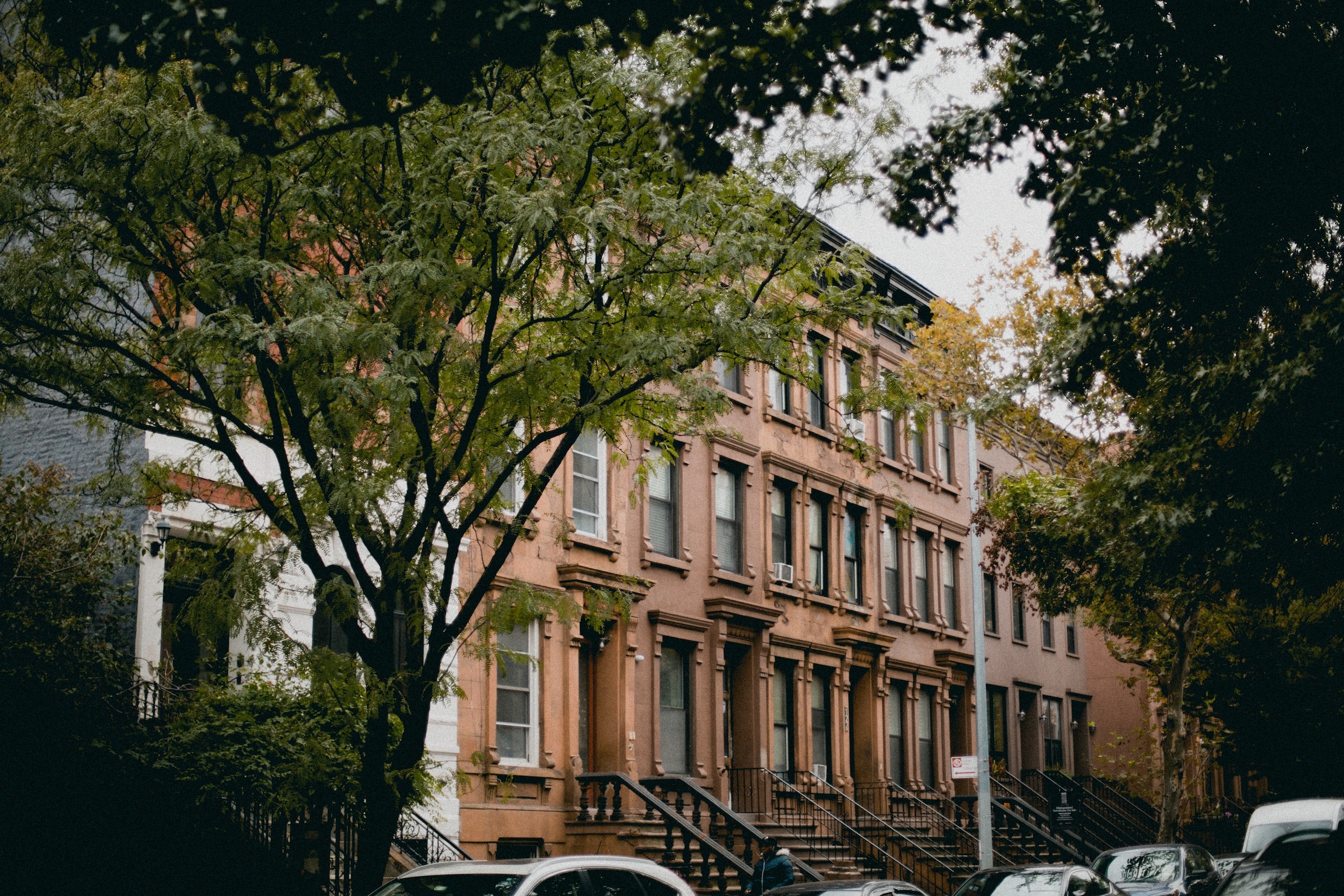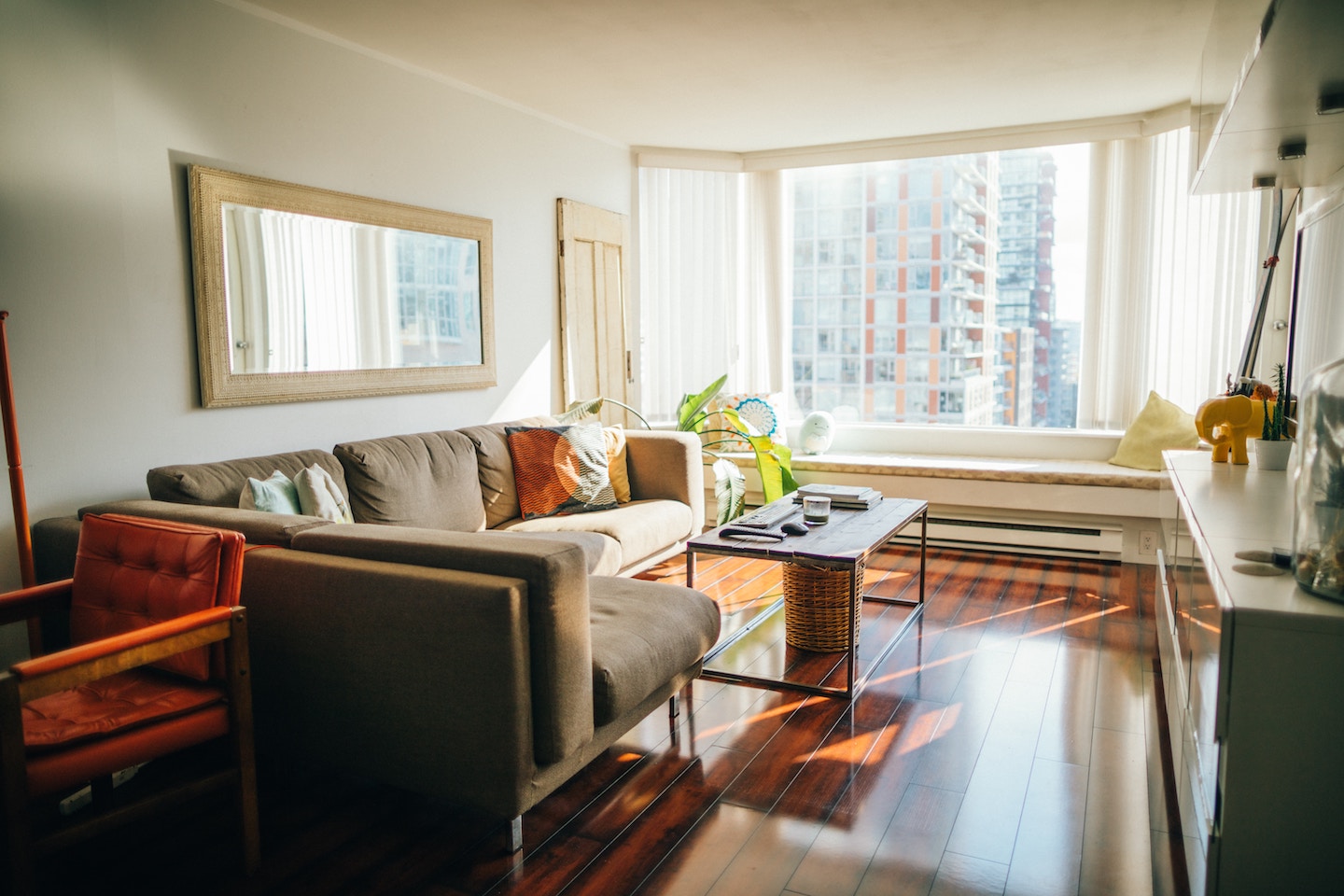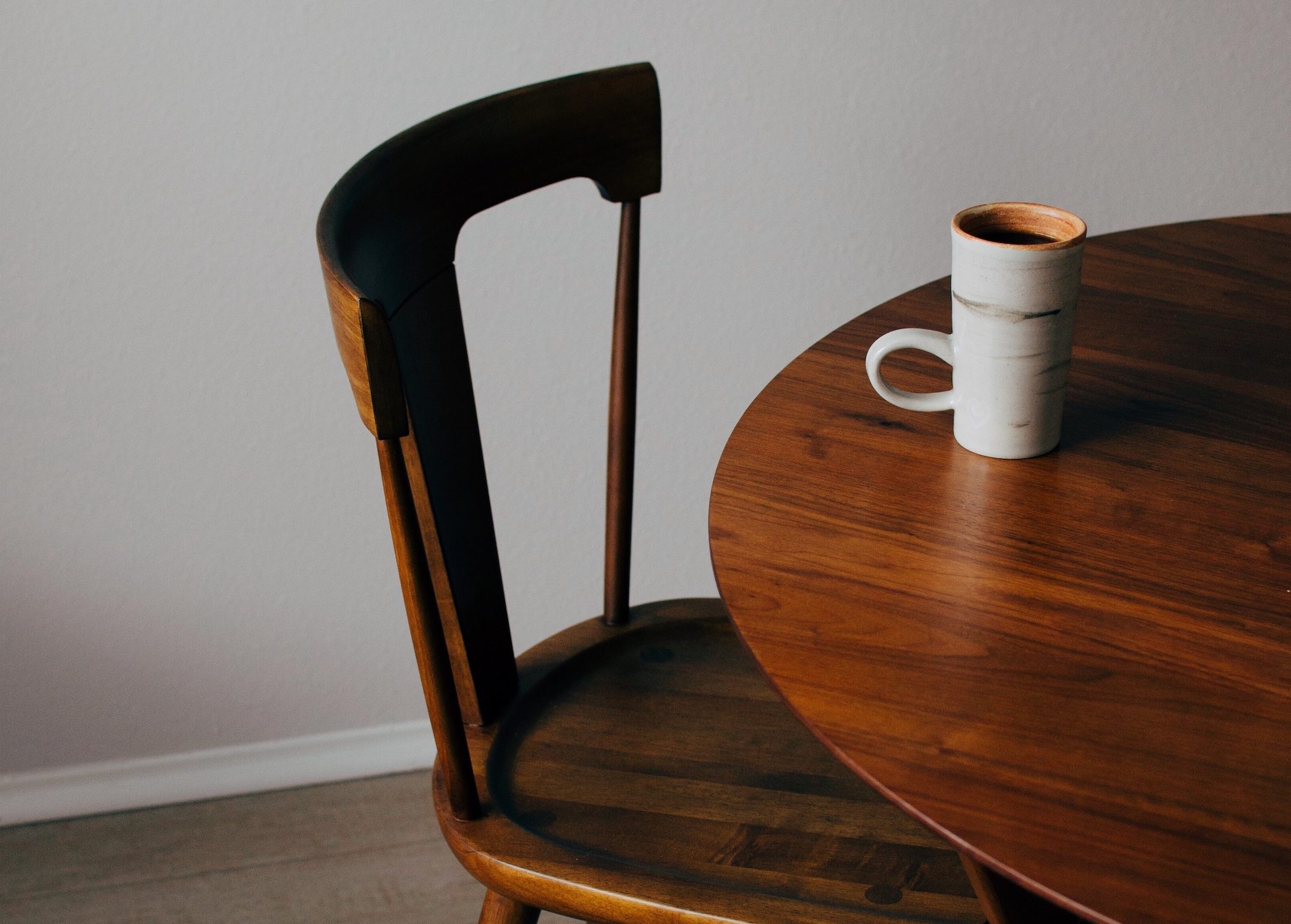If you’re seeking condo ownership, planning and preparation are needed to ensure this dream becomes a reality. One of the most critical areas of exploration is condo loans and financing options.
Regardless of your current level of knowledge or savings, we’ve put together an extensive guide that breaks down the financial basics and clarifies this part of the home-buying process.
How Much is a Down Payment for a Condo?
As you save for your condo, anticipating the down payment is crucial. While this amount varies drastically from buyer to buyer, down payments for condos typically range from 3% to 20% of the total purchase price. The percentage depends upon factors like the price of the condo, the lender you choose, and the type of loan you qualify for. In Illinois, the average down payment percentage is 14.3%.
As a prospective Illinois home buyer seeking a conventional loan, down payments often run 3% to 5% of the home purchasing price. While this might seem attractive for those with limited funds, it’s essential to consider that a smaller down payment often leads to higher monthly payments and private mortgage insurance (PMI) costs.
10% to 20% is often seen as a balance between affordability and favorable loan terms. A higher down payment can lead to lower interest rates and less risk for the lender.
For condos in the lower price range, you may be required to make a down payment of 3% to 5%. Mid-range condos often have down payment requirements of 5% to 10%. Luxury condos, with a higher purchase price, may necessitate a down payment of 10% to 20% or more.
How Much Money Do You Need to Buy a Condo?
Purchasing a condo involves more than the down payment. Check out these additional costs that should be accounted for when saving for your future home:
- Closing costs: In addition to the down payment, you’ll need to budget for closing costs, which include appraisal fees, inspection fees, insurance, and other miscellaneous expenses. Keep in mind these costs can add several thousand dollars to your purchase.
- Monthly expenses: Once you’ve purchased your condo, you’ll have ongoing monthly expenses to consider. These include insurance, electricity, gas, Internet, and homeowners’ association (HOA) fees. HOA fees cover exterior maintenance, amenities, and communal services.
- Additional costs: Beyond the basics, there are other expenses to consider. Moving costs, renovations, and furnishing your condo can add to your initial outlay. You can also anticipate annual property tax.
Overcoming Common Condo Financing Problems
As you work toward securing a condo loan, be prepared for potential financing issues. Here are some hurdles that many prospective home-buyers face and suggestions for overcoming them:
- High HOA fees: Condo living often comes with the perk of shared amenities and external maintenance, but that can also mean hefty Homeowners Association (HOA) fees. High fees can strain a buyer’s budget and affect their loan eligibility. The solution? Prioritize properties with reasonable HOA fees or negotiate with the seller to cover some costs.
- Low reserves: Reserves are funds set aside for future repairs or unexpected expenses and are crucial for the long-term health of a condo community. Low reserves can signal financial instability and make lenders hesitant. Buyers should inquire about a condo association’s reserve fund and choose properties with well-maintained financial health.
- Appraisal issues: Appraisal problems can arise when the condo’s appraised value doesn’t align with the purchase price. To avoid this, ensure the property is in good condition and research recent comparable sales. If issues persist, consider renegotiating the price or exploring alternative financing options.
- Difficulty obtaining loans: Some condos fall into the “non-warrantable” category, meaning they don’t meet conventional loan criteria. To avoid this scenario, buyers can explore alternative loan options or work with lenders specializing in non-warrantable condos.
Are Condo Mortgage Rates Higher Compared to Single-Family Homes?
Unfortunately, the answer to this question isn’t an easy “yes” or “no” answer. However, to better make sense of mortgage rates for a condo vs. single-family home, check out the variables that will affect the rate for your prospective property:
- Property type: From a lender’s perspective, condos are deemed riskier properties because of the potential influence of the association on overall maintenance and, consequently, the property’s value.
- Homeowners Association’s financial health: A well-managed and financially stable association can contribute to more favorable mortgage rates. Buyers should scrutinize the association’s financial statements, budget, and pending assessments to gauge its overall health.
- Property taxes: Property taxes are one of the components of your monthly mortgage payment, often collected by the lender and then used to pay the property taxes on your behalf. When property taxes increase, it can lead to higher monthly mortgage payments for homeowners. In turn, this may affect a borrower’s debt-to-income ratio. Click here for a closer comparison between the property taxes of a condo and a single-family house.
- Credit score: Your credit score is a pivotal factor for lenders in determining your reliability and likelihood of default. Having a higher credit score can reduce your mortgage rate. Conversely, borrowers with lower credit scores face elevated interest rates and a narrower range of loan options.
- Loan-to-Value (LTV) ratio: The LTV ratio assesses the relationship between your loan amount and the property’s price. A reduced LTV commonly leads to a decreased mortgage rate. Your down payment influences your LTV—the higher the down payment, the lower your LTV, enhancing your perceived creditworthiness.
- Debt-to-Income (DTI) ratio: The DTI ratio is determined by dividing your monthly debts by your gross monthly income, indicating your financial stability and ability to handle debt while affording your loan. Typically, a higher DTI ratio makes you appear riskier to a lender on paper, resulting in a higher interest rate.
- Loan amount: A higher loan generally results in a lower mortgage rate, offering the lender a greater net dollar margin. This essentially means that larger loans can lead to better rates for borrowers, but it’s crucial to demonstrate strong financials to ensure your ability to cover a larger loan.
Assessing finances is a crucial step in the condo-buying process that shouldn’t be overlooked. A better understanding of financing can help you secure funding, particularly in an environment where condo loans are notoriously complex.
If you’re ready to begin the condo hunt, don’t navigate the financing or any step of the process alone. Let our informed and eager team of real estate professionals support your journey!



